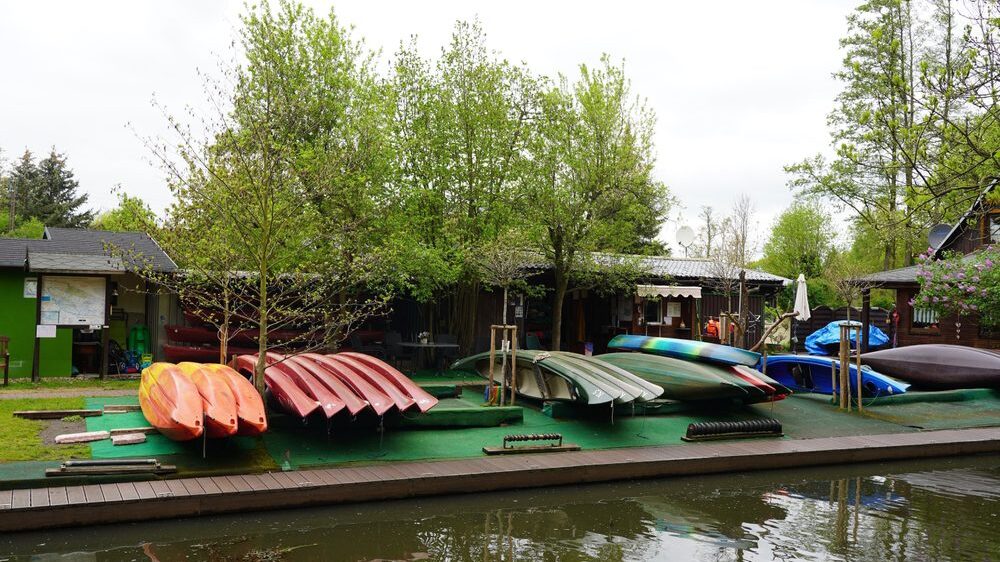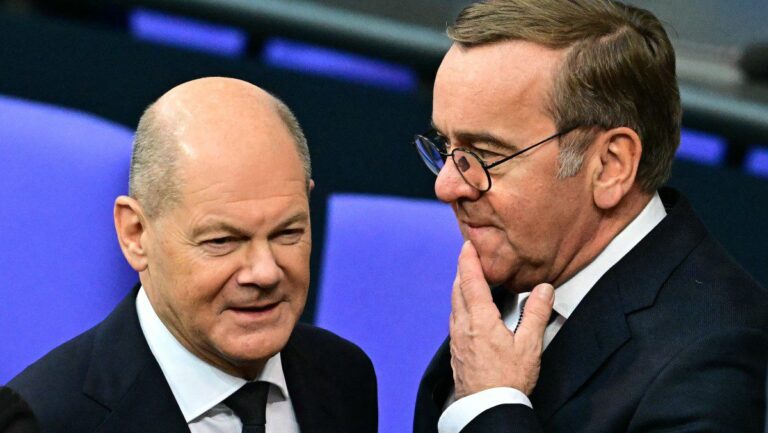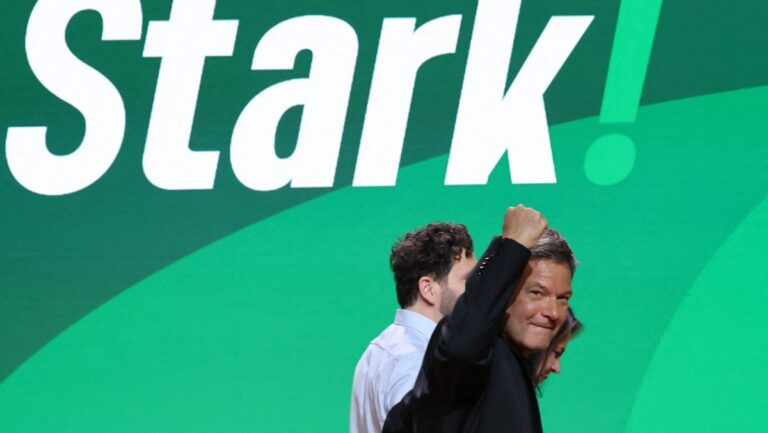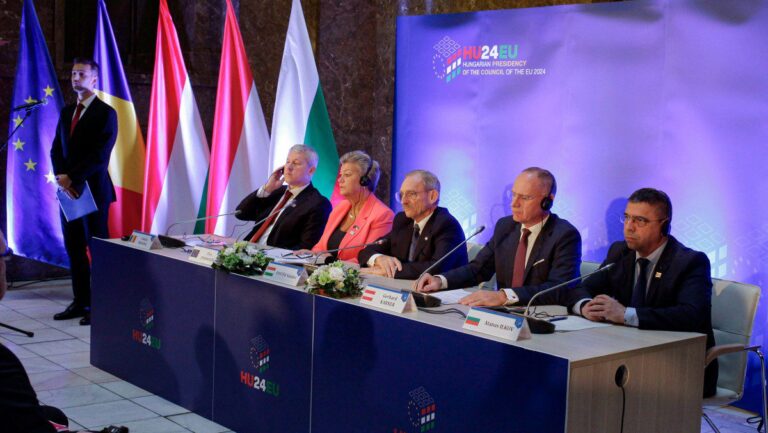A Berlin-based organisation has come under fire and been subjected to allegations of racism over the past week as it offers holiday camping experiences exclusively for black children and their families, with an apparent comment made by the founder of the group provoking the backlash.
Last month, the founder of the youth organisation Empoca, Anthony Owosekun, was interviewed by the German magazine Der Spiegel and was quoted as saying, “White people should stay away as much as possible,” though Owosekun denies having made the comment, a report from the Berliner Zeitung newspaper states.
“We are creating a world where Black children and their families never have to doubt or wonder if nature is a safe place for them,” the group states on its website, and while not explicitly stating that children of other races are not welcome, the group focuses solely on black children and youth.
Following the interview with Der Spiegel, many accused the group of racism, including the former editor-in-chief of the newspaper Bild, Julian Reichelt, who stated, “Camps by skin colour and the media writes about it like it’s perfectly normal. Craziness.”
Others on social media accused the group of racial segregation, with some even comparing the group to the American Ku Klux Klan.
This week, the magazine Focus reported that the organisers of the camps were increasing security measures due to the outpouring of negative remarks online, claiming that Empoca was also subjected to threats.
Empoca, meanwhile, blamed Der Spiegel and its journalists for the backlash, writing a blog post that accused the magazine of writing “clickbait headlines.”
“In the future, we will be even more careful about who we give interviews to. Sensational clickbait headlines that focus on the exclusion of white people deliberately expose Empoca and our team members to a concentrated, right-wing and racist [expletive] storm—and thus put us in danger,” the group said.
The group went on to threaten legal action against Der Spiegel, which initially refused to remove Tweets but later gave in and deleted them.
Anthony Owosekun doubled down on the need for black-only spaces following the reaction to the interview saying, “The negative reactions and hate comments have shown how important it is to have safe spaces for Black children.”
“We have now come on the radar of people who absolutely cannot understand why empowerment should look the way it does with Empoca,” he added.
Spaces that exclude white people are becoming more and more common in European countries and other parts of the Western world.
In 2021, French left-wing parties were deeply divided over calls to force white people to shut up or be banned entirely from meetings regarding issues to do with minorities following a comment from socialist Audrey Pulvar.
In the United Kingdom, the trend is much more pronounced and white people have been specifically told they are unwelcome from events, such as a theatre performance at the Theatre Royal Stratford East in London in May of this year described as a “BLACK OUT.”
“A BLACK OUT night is the purposeful creation of an environment in which an all-Black-identifying audience can experience and discuss an event in the performing arts, film, and cultural spaces—free from the white gaze,” the theatre’s website stated.
A similar production was set to take place in Canada’s capital Ottawa earlier this year, which states the event was “exclusively” for a black audience. Following a backlash, the National Arts Centre stated that everyone was, in fact, welcome to the event.





